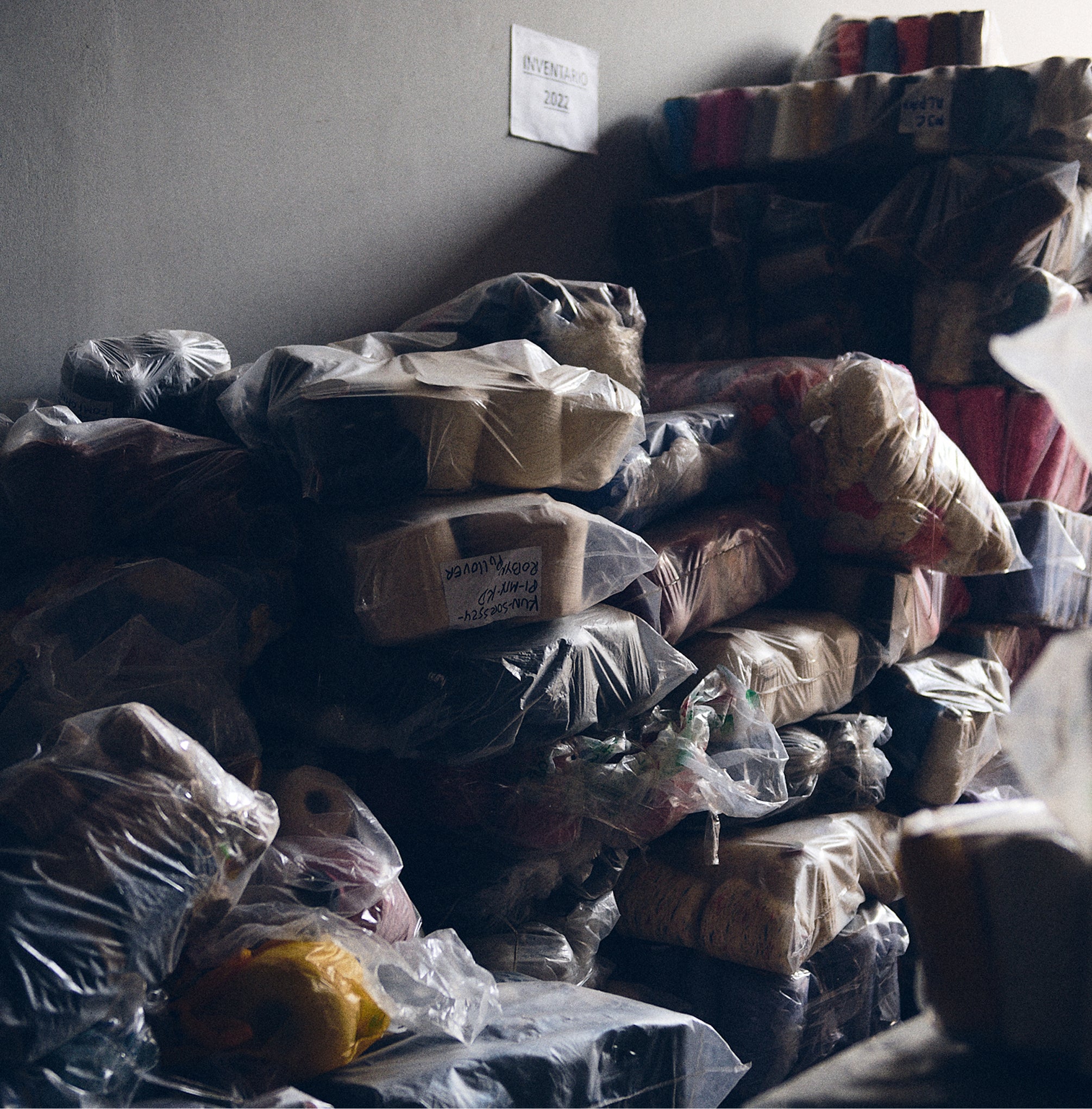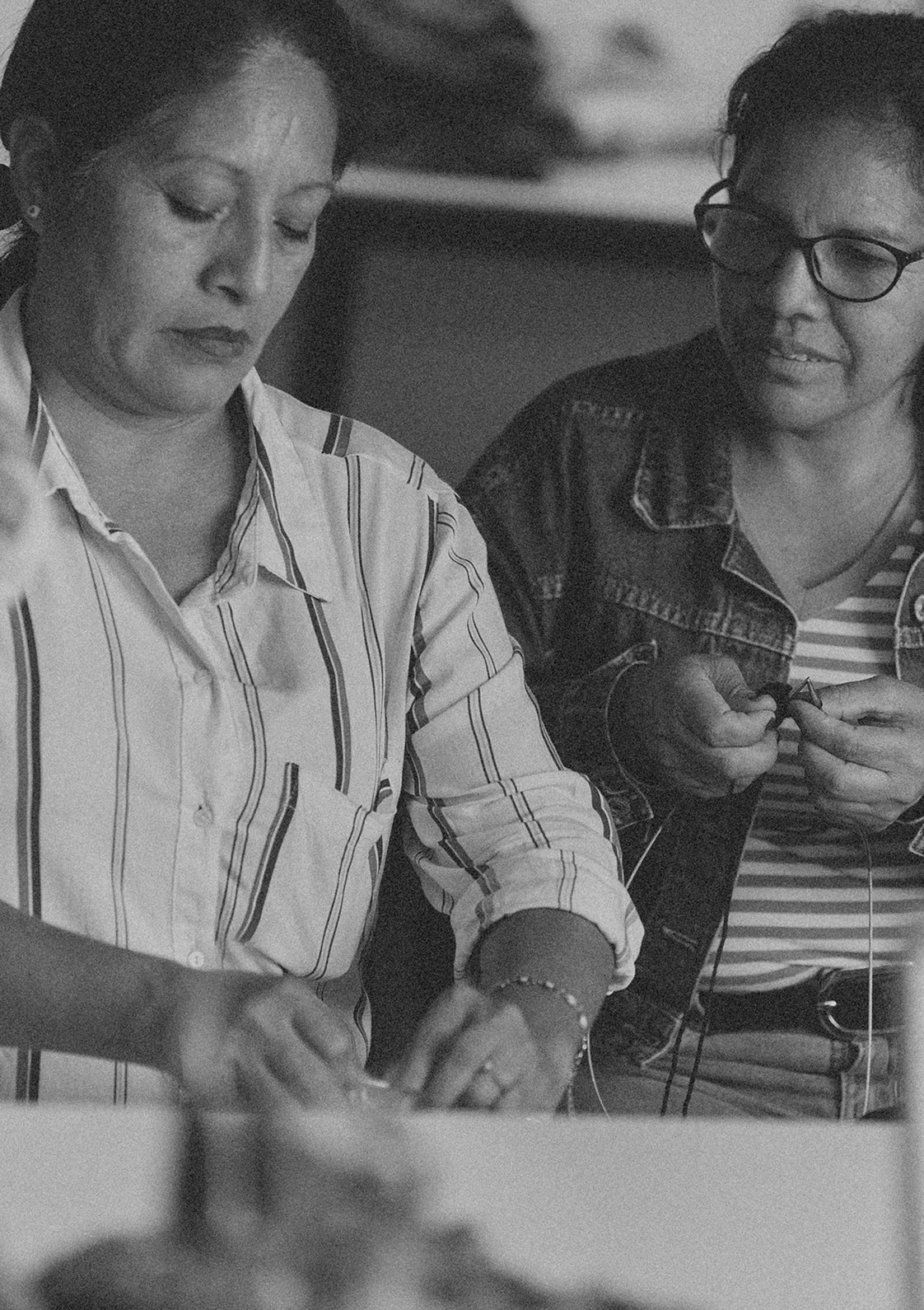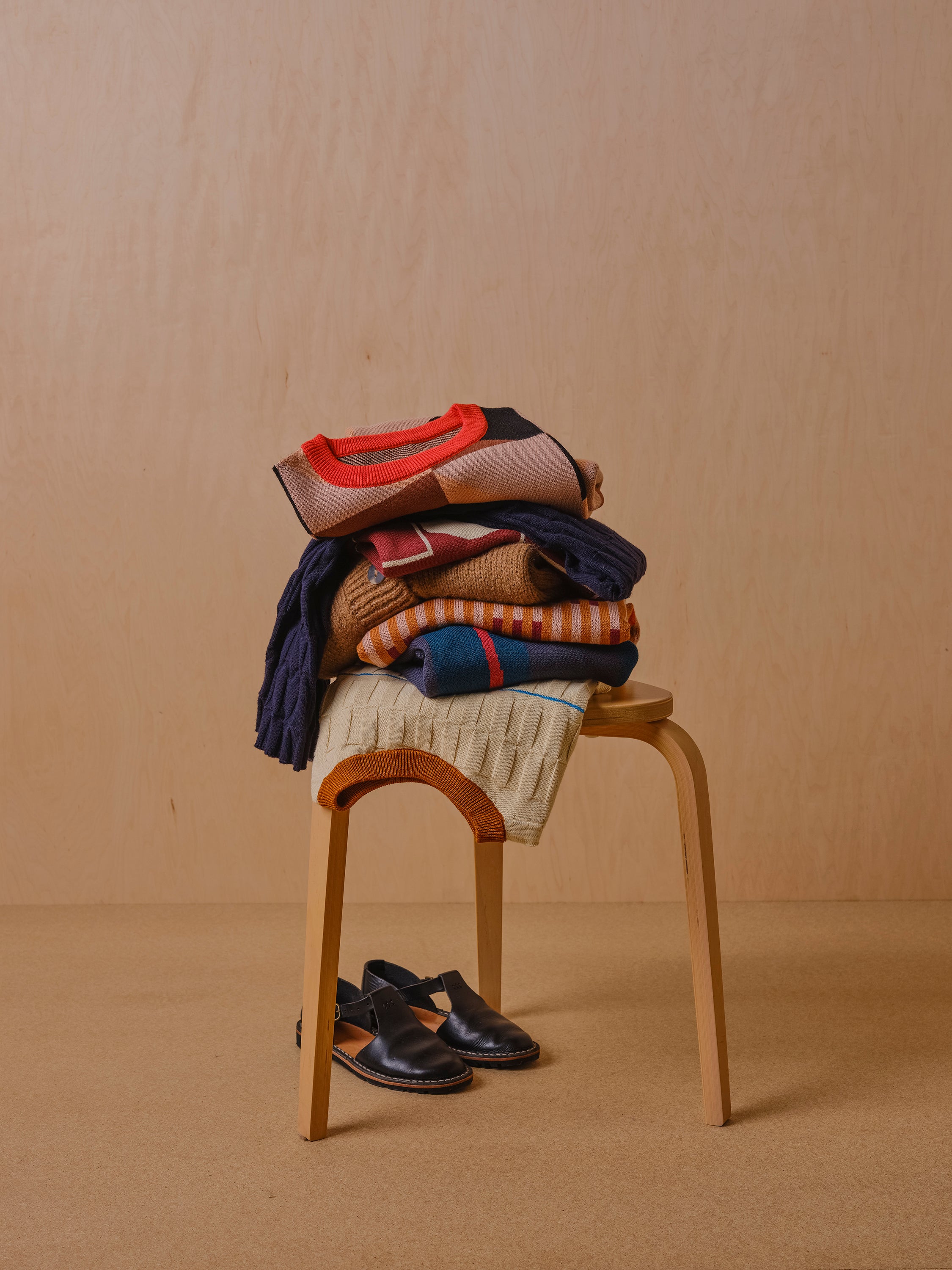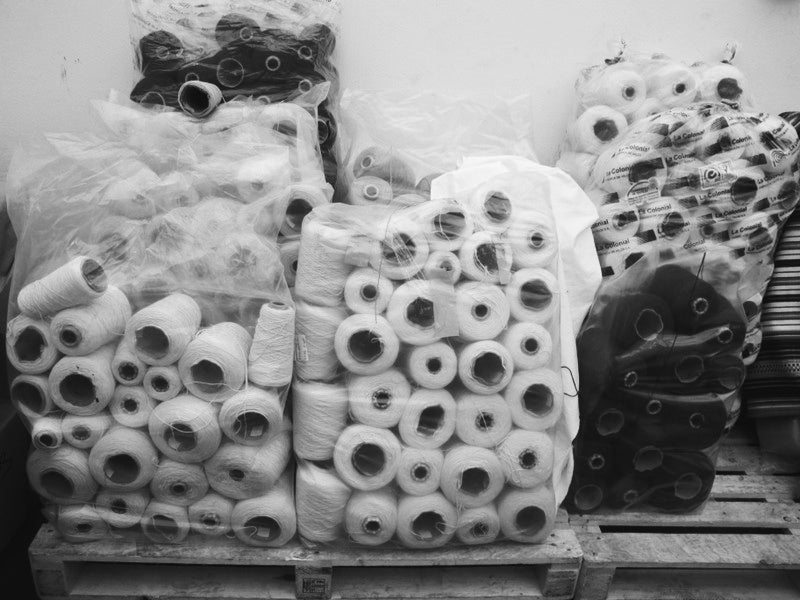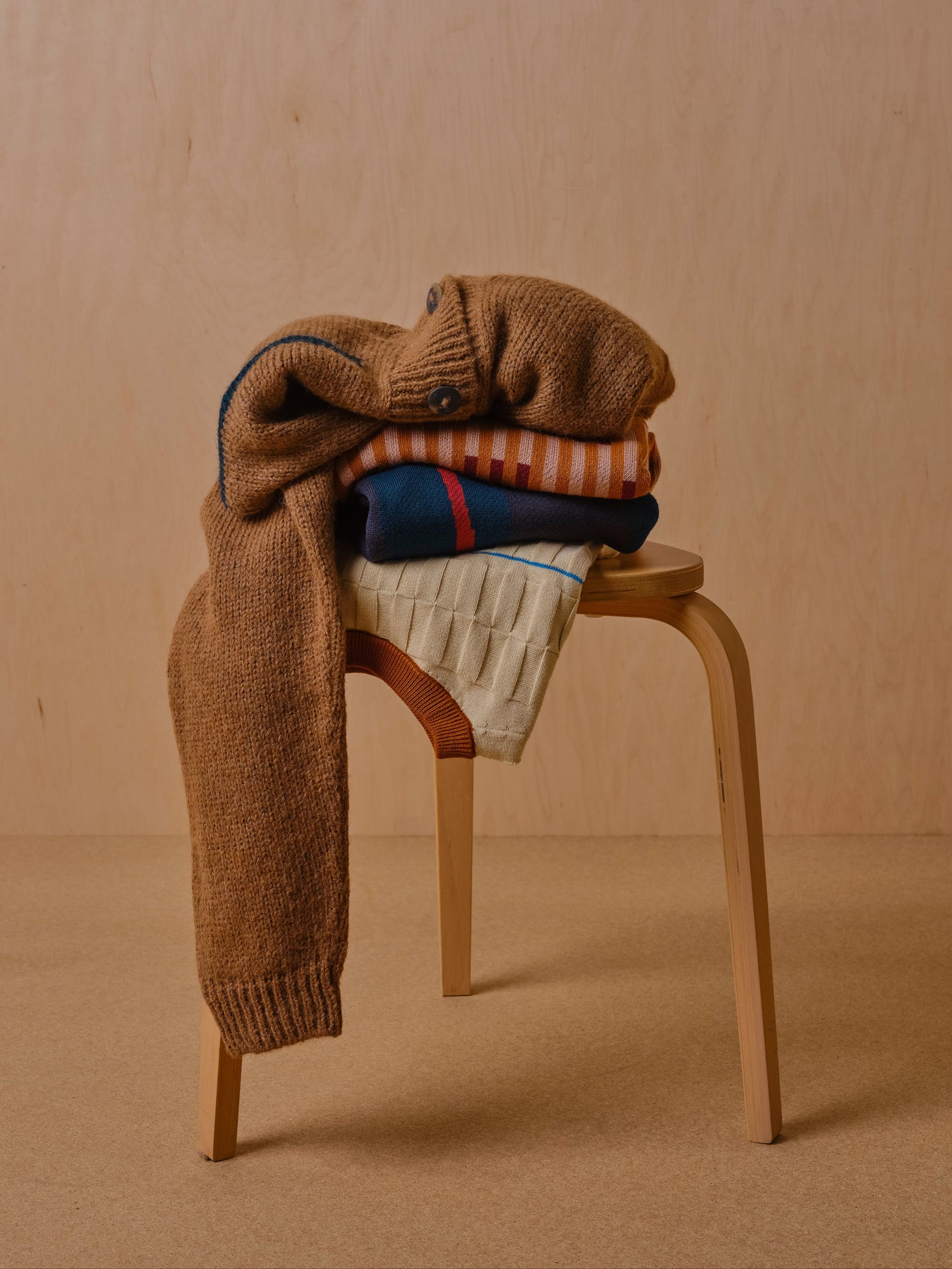About
Our collections are made with at least 60% deadstock waste and ethically handcrafted by peruvian artisans.
Waste Is Only a State of Mind
The fashion industry is wasteful—around 15% of textiles are lost in production, and premium yarns like Pima cotton, alpaca, and merino often go unused in the knitwear industry.
After nearly a decade in knitwear factories, Kelly Phenicie founded The Endery to build impactful, circular ecosystems for production leftovers. With creative direction from Lindsay Degen, we blend thoughtful design with Peru’s rich textile heritage to create modern, premium pieces.
Based in Houston, TX, and Lima, Peru, we work with expert knitting workshops across Lima to bring these designs to life.
We believe waste isn’t inevitable—it’s a design challenge.
We’re not in the business of mass production. Instead, we work within the limits of what’s already available—giving high-quality materials a second life through thoughtful, small-batch production. Our approach to slow fashion is intentional, responsible, and deeply connected to the hands that make each piece.
It's easy to design great knitwear when you have unlimited new materials at your fingertips. Designing with deadstock -–production leftovers -– is a creative challenge that we love. Our collections are proudly made from 60% upcycled deadstock yarns. Every design is developed to be adapted to the ever-changing deadstock yarn availability.
we are slow fashion in a fast fashion world.
All clothing is made by human hands—we ensure those crafting our knitwear earn fair wages in safe conditions. Each of our pieces is made in our network of knitting workshops across Lima.
Knitting in Peru is more than just a craft—it’s a centuries-old tradition that carries cultural, economic, and artistic significance, deeply rooted in the country’s heritage. We are honored to work with generations of knitting artisans.
In a country where most workers are employed informally, we’re proud that our business model helps knitters enter the formal economy—creating lasting change for them and their communities.




